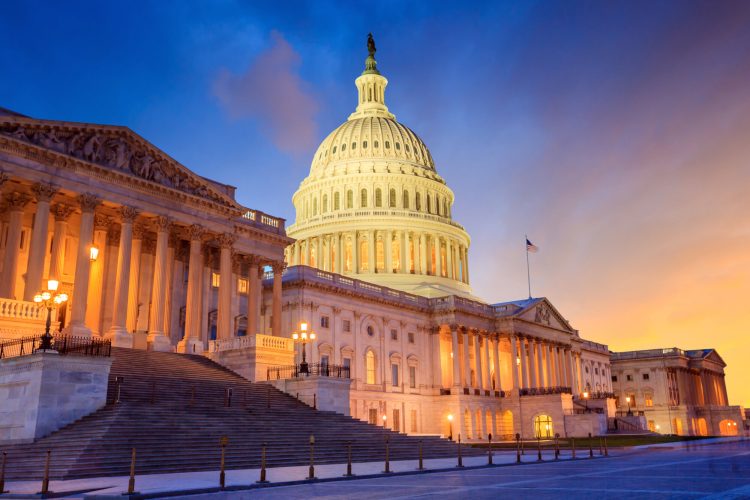In our first segment Concord’s communications director Av Harris and I looked in detail at the New Hampshire state budget with Phil Sletten, research director for the New Hampshire Fiscal Policy Institute. Later, national field director Phil Smith – who worked in Georgia state government – and Av – who served in Connecticut state government – discussed budget challenges in those states.
Like other states, New Hampshire has a statutory requirement to balance its budget, but still carries long-term debt for capital expenses and its state pension fund. Sletten described how New Hampshire has a two-year budget cycle like some other states, but unlike all but three other states, the Granite State has no broad based income or sales tax. The largest source of revenue for the $13 billion biennial New Hampshire state budget is actually the federal government. This comes from allocations for programs such as Medicaid and various other grants from the U.S. Department of Health and Human Services, the Department of Housing and Urban Development, and other areas of the federal government. The next largest sources of state revenue for New Hampshire are sales of liquor and state lottery tickets, followed by business taxes and a variety of other taxes and fees.
Sletten calculates that the total amount of COVID pandemic related assistance allocated to New Hampshire – including individual stimulus payments and benefits such as enhanced unemployment payments and direct federal payments to businesses like paycheck protection – tops $16 billion.
“New Hampshire has made the choice that the relief money associated with the pandemic actually doesn’t appear in our state budget, but it is certainly a part of the state expenditure picture,” said Sletten. “The American Rescue Plan Act dollars can be spent through 2026, and about three quarters of them have been appropriated so far. A lot has gone to water and sewer infrastructure, some has gone to housing, building upgrades at the state level, information technology upgrades, public safety and public protection, mental health or substance use disorder services, and health care services. But the state still has a significant amount to appropriate, and that’s a pretty substantial opportunity over the next few years.”
Sletten says the New Hampshire economy has been performing strongly with rising wages and an unemployment rate hovering around 2% – much lower than the current national average of 3.5%. This is both a blessing and a challenge, as a severe housing crunch threatens to curtail the influx of workforce needed to grow the economy over the long term.
Turning our attention to Social Security, which celebrated its 87th birthday this past week, we took a look at a critical piece of how the program delivers its benefits to retirees and people with disabilities. For retirees, that is the percentage of working income replaced by Social Security once the recipient starts receiving benefit payments. It’s the subject of the latest issue brief by Concord’s chief economist Steve Robinson, entitled: Social Security Replacement Rates: Nudging in the Wrong Direction? It’s important to note that Social Security was never meant to provide Americans with all of their retirement income, but to be part of an overall picture including an individual’s pension and retirement savings. Robinson concludes that replacement rates are projected to grow across the board for all retirees, even though they were designed to be progressive and give higher rates for lower wage earners and lower rates to higher wage earners.
“If wages continue to grow in the future, let’s say over the next 50 years or so wages go up by 50%, so everybody’s 50% richer. Does that mean that if everybody is 50% richer, then they should all get higher benefits?” said Robinson. “The notion is, as wages go up, you should be able to rely more on your own savings. So it sort of comes down to this question of as the economy grows and the country becomes richer overall, does that mean Social Security should grow with the economy and provide a larger source of income to people with higher incomes? Or should we recognize that as people become richer, they could rely in fact on their own savings more, and therefore rely on Social Security less. That’s a critical choice, because that determines whether or not we’re going to raise taxes to pay for scheduled benefits, or whether we want to perhaps slow the growth of benefits, and not have to raise taxes as much as we would otherwise.”
Hear more on Facing the Future. I host the program each week on WKXL in Concord N.H., and it is also available via podcast. Join my guests and me as we discuss issues relating to national fiscal policy with budget experts, industry leaders, and elected officials. Past broadcasts are available here. You can subscribe to the podcast on Spotify, Pandora, iTunes, Google Podcasts, Stitcher, or with an RSS feed. Follow Facing the Future on Facebook, and watch videos from past episodes on The Concord Coalition YouTube channel.
Continue Reading










